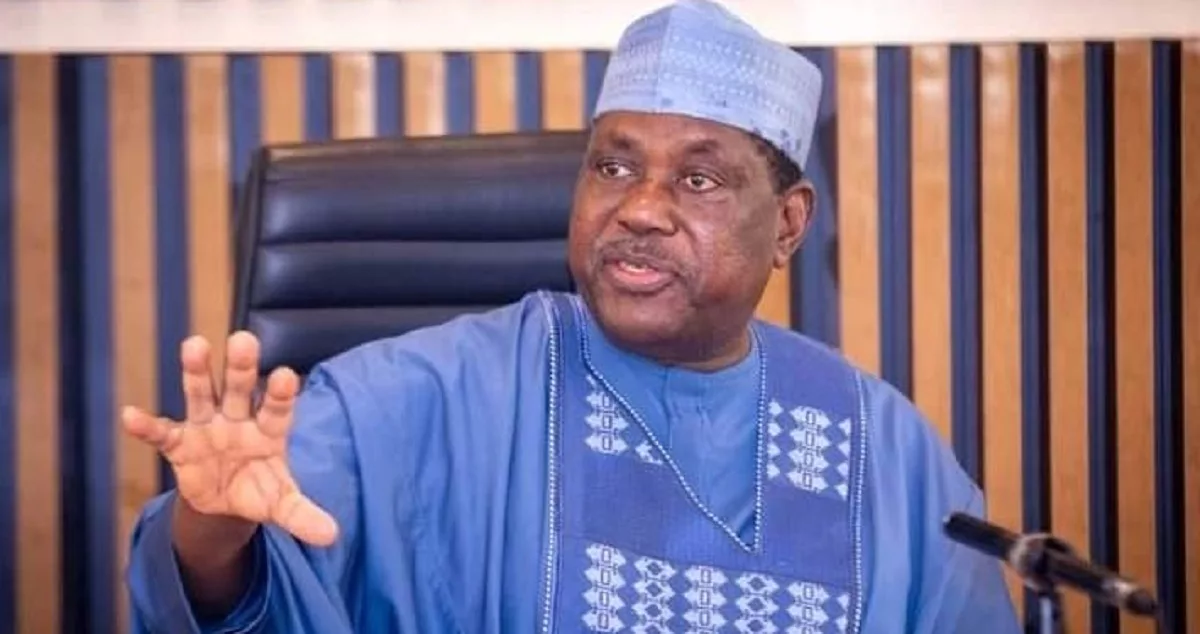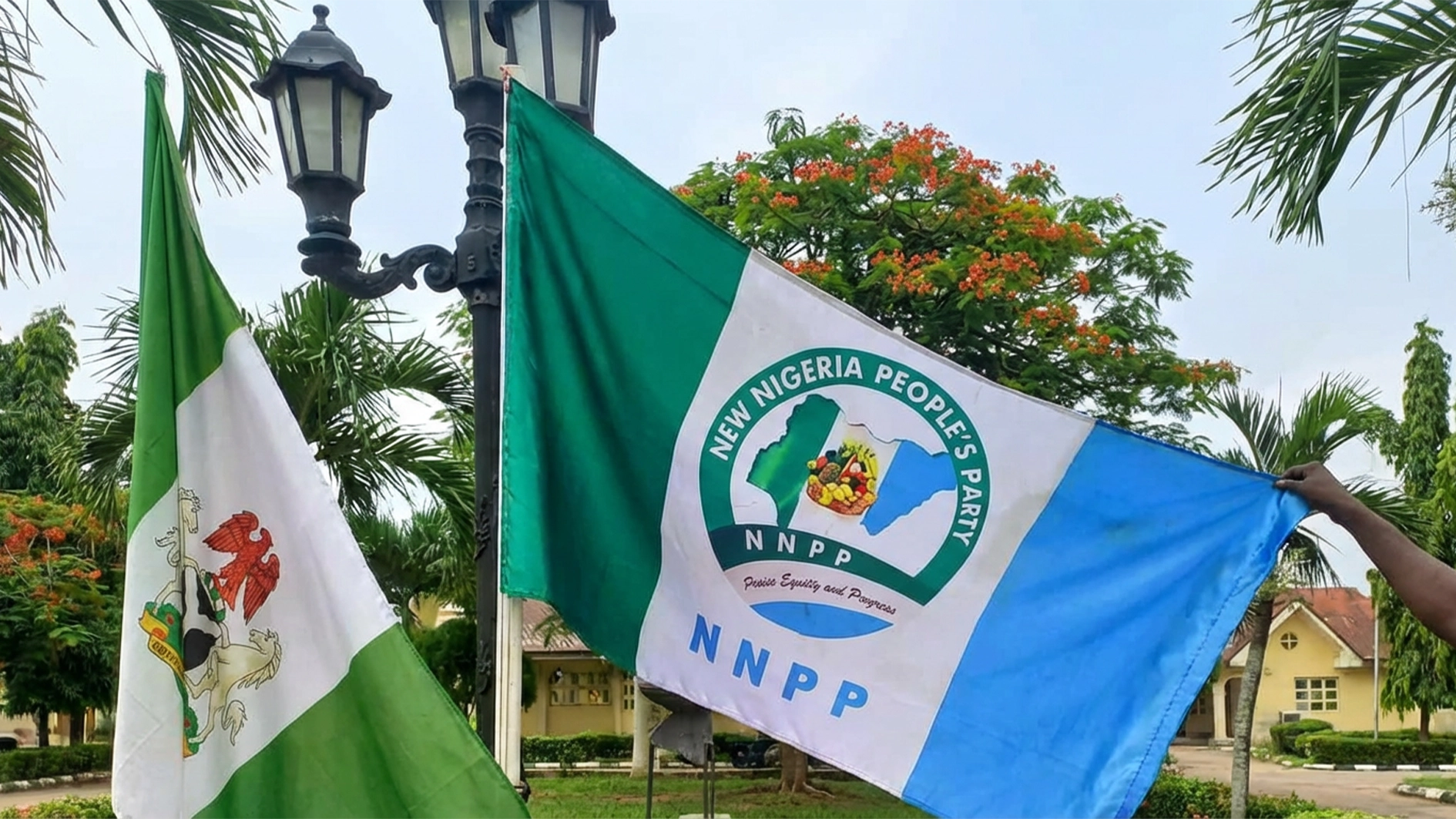The House of Representatives Ad-hoc Committee on the Rehabilitation and Operationalisation of the Baro Inland Port has raised the alarm over the deplorable state of access roads to the multi-billion-naira facility.
The lawmakers said the poor road infrastructure leading to the facility is the single biggest obstacle to the port’s functionality.
The lawmakers, who are on an oversight visit to Niger State, said that despite the enormous potential of the Baro Inland Port to boost trade, create jobs, and open up the economy, the absence of motorable roads has left the project largely idle years after its commissioning.
Chairman of the Committee, Hon. Saidu Abdullahi, lamented that a trip that should ordinarily take half an hour now stretches into four gruelling hours because of the failed portions of the road.
He stressed that unless urgent attention is given to road infrastructure, other efforts to revive the port would amount to a waste.
He said: “The state of the roads is a major hindrance to the full operationalisation of the Baro Inland Port. What should be a 30-minute journey now takes over four hours. This is unacceptable for a facility of this magnitude, which is supposed to serve as a hub for trade and industrial growth.
“Without good roads, cargo cannot be evacuated from the port, nor can surrounding communities benefit from its presence.”
Members of the committee also recalled that the Baro Inland Port, conceived as an alternative to the overburdened seaports in Lagos, was designed to enable seamless transportation of goods through Nigeria’s inland waterways and highways.
Speaking during the tour, the Managing Director of the National Inland Waterways Authority (NIWA), represented by the General Manager of Business Development, Bolawale Adetola, said the port, commissioned in 2019, has remained underutilised since then. He explained that the key challenges are the dilapidated access roads and a silted channel that requires dredging.
“Everything that a port needs to work is on ground. The key challenges are the access road and the silted channel. Once these are fixed, Baro Port will be of immense benefit to Nigerians,” Adetola said.
Meanwhile, traditional rulers in Niger State have also called on the Federal Government to revive the port to restore the region’s lost commercial vibrancy and boost the national economy.
Etsu Nupe, Alhaji Yahaya Abubakar, and the Emir of Agaie, Alhaji Yusuf Nuhu, made the appeal when the ad-hoc committee paid them courtesy visits during the oversight tour.
The Etsu Nupe, who chairs the Niger State Council of Traditional Rulers, said Baro once thrived as a hub for rail and water transport, linking the North to other parts of the country.
He lamented the collapse of those systems, which have left Nigerians overly dependent on roads.
“Most of us here witnessed when the port was alive. It boosted the economy of this area and the entire country. Goods and people travelled by train from Baro to Kano, Kaduna, and Gusau. Back then, rail and water transport made life easier,” he said, pledging the support and prayers of his people for the project’s revival.
On his part, the Emir of Agaie recalled Baro’s historic role in the 1950s and 1960s as a bustling centre for the export of groundnuts, cotton, and other produce. He described the port as a project of both national and international importance, capable of attracting foreign partners if revived.
“Baro was once the seaport of northern Nigeria. Vessels berthed there for months, creating jobs for youths and boosting trade. Companies like John Holt and UTC even had their bases there, and the relics remain to this day,” he said.
Abdullahi assured that the committee would compile its findings and present strong recommendations to the House of Representatives and the executive, with emphasis on the urgent rehabilitation of access roads and dredging works.
He said, “We are committed to ensuring that this port does not remain a white elephant project. Government agencies responsible for roads, inland waterways, and transport must rise to the challenge.
“We cannot afford to abandon such a strategic project,” he said, stressing that the port was designed for international trade and must be revived with that vision in mind.”






